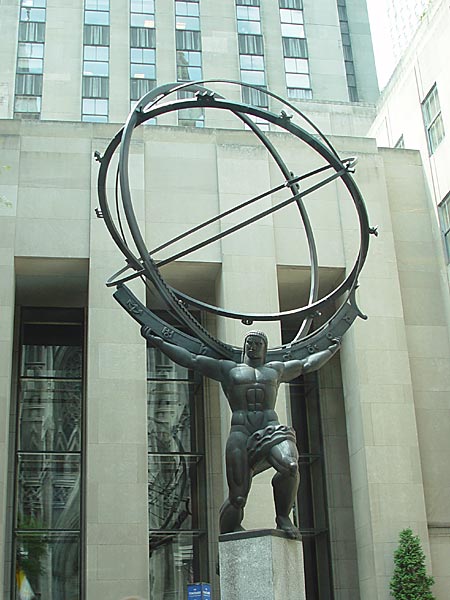The Decision
Of course, I am not sure I agree with the reasoning though support the decision.
Mr. Justice Shore
This was an EXCELLENT chance to deal with a nuisance suit the way it should have been dealt with - curtly.
Instead, by accepting the premise of the questions posed to it, the Court meandered onto a long discussion of constitutional conventions and created all kinds of rationales for appeal. As I learned at the Federal Court of Appeal not so long ago, while the reasons for a decision can't be appealed, errors of laws that underlay those reasons can.
So, I have two criticism, and one observation.
First of all, you cannot create a constitutional convention by enacting a statute. Anyone who thinks otherwise is an imbecile. By (lack of) definition, a constitutional convention is something that evolves over time.
Second, political decisions are reviewed ALL THE TIME by courts. Usually, however, it is a decision of a lowly ministerial designate who makes an administrative decision with political ramifications. I think what Mr. Justice Shore meant to say is that "political decisions that are entirely political" are not reviewed - like who gets to be the Minister in charge of shoes.
Observation - this decision was written/crafted this way by a judge who isn't a dummy. He WANTS the federal court of appeal to hear this case, and then in turn he wants the Supreme Court to rubber stamp it. It is almost as if he wants the leading case on constitutional conventions to stop being Black because the issues were so brutal. I think he is right.
Personally, I don't like it when judges play politics either. I am, despite my politics, a strict constructionist. I don't like Parliaments who pass laws that are designed to abrogate constitutional dogma unless they have the stones to actually do it. I think this case should have stuck to the issues as the Court saw them - and ignore the questions asked by the petitioners. For example, did the law pass constitutional muster when it was passed (no) and did the clause in question have the legal authority to stop the election. The fall session of last summer is pretty good evidence that it did not.
This decision should have been two pages - and the second page should have been a MASSIVE costs award, which was entirely waived because of who the petitioners were and the service they were providing to society - what malarky.


0 Comments:
Post a Comment
Subscribe to Post Comments [Atom]
<< Home